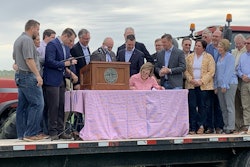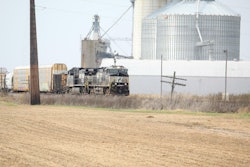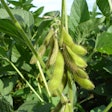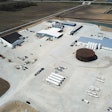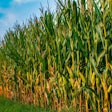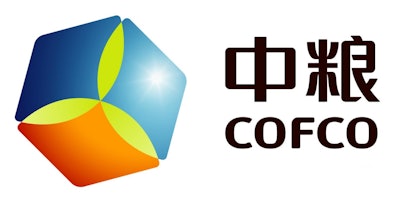
COFCO International has committed to making its soy supply chain free of deforestation and land conversion by 2030 in environmentally sensitive regions of South America, including the Amazon and Cerrado.
The 2030 target would cover the Amazon rainforest region, Brazil's Cerrado savannah belt and the Gran Chaco zone, which spans parts of Argentina, Bolivia, Brazil and Paraguay, COFCO International's Chief Executive Wei (David) Dong said in a sustainability report published by the company on Monday.
Biodiversity commitments
The report states that in the wake of the global pandemic, COFCO continued to apply its significant supply chain and logistical expertise to maintaining food security and supplying key markets, overcoming disruption while consistently building resilience and advancing its sustainability journey.
Importantly, the company expanded its focus on protecting the climate and biodiversity and conserving natural resources, including through decisive business and industry commitments.
It has committed to achieve a deforestation and conversion-free soy supply chain by 2030 in sensitive regions of Latin America, through farm-level traceability and monitoring of all purchases.
And it has joined a COP 26 industry pledge to reduce supply chain carbon emissions in line with efforts to keep global warming below 1.5 degrees, with a major focus on eliminating deforestation.
The company’s 2021 Sustainability Report explores its progress and achievements while recognizing opportunities for improvement and highlighting the action still needed to achieve sustainable agriculture and transform the global food system.
Five core areas of sustainability strategy
Progress is reported against the five core areas of its sustainability strategy: connecting supply and demand, taking care of its people, managing its environmental impact, building strong communities and upholding standards.
2021 highlights include:
- Through the Soft Commodities Forum, all direct soy suppliers traced within 61 municipalities in the Cerrado
- 100% of direct soy suppliers in Matopiba assessed for social and environmental risks
- $3.9M revenue generated from 670,000+ decarbonization credits (CBios) from RenovaBio program
- Developed a Diversity Committee in Brazil where the company employs over 7,000 staff, offering training to over 70% of its managerial positions
- 78% increase in EHS training for contractors
- 5.4% decrease on water intensity of its industrial operations; definitive action to address the findings of its global water risk assessment
- 5.5% reduction in absolute GHG emissions including through 3.4% decrease in the energy intensity of its industrial operations
- Participation in the shipping industry’s Getting to Zero Coalition for cleaner fuels and the Sea Cargo Charter for standardized emissions reporting
- 36,000+ people benefited from its community programs, reaching 20% increase compared to 2020
- All traceability targets met under its original $2.3 billion sustainability-linked loan, and a new $700 million loan to further advance its sustainable soy and palm oil sourcing activities
Global grain traders' sustainability efforts
Like other global grain traders, COFCO International has previously pledged greater auditing of soybean crops to help reduce land clearance in Brazil that is blamed for reducing biodiversity and contributing to global warming.
Bunge has committed to eliminating deforestation in its overall supply chain by 2025, while some Brazilian firms have already announced their sourcing is deforestation-free.
Last year, the company launched an initiative to share best practices with grain dealers about traceability and monitoring of soybeans crops linked to its indirect supply chain in the Cerrado region, one of the high-risk areas of deforestation in Brazil.
Dubbed Bunge Sustainable Partnership, the program will help partners implement supply chain verification systems, including satellite and farm-scale images.
ADM also made a commitment to achieve 100% deforestation-free supply chains by 2025, five years earlier than previously targeted.
The accelerated timeline applies to direct and indirect sourcing of all commodities from every country in ADM’s supply chain.
“Our goal is to end deforestation in the shortest time possible, and the new target date for deforestation-free sourcing demonstrates our ongoing commitment to sustainable, ethical and responsible production,” said Chief Sustainability Officer Alison Taylor.



